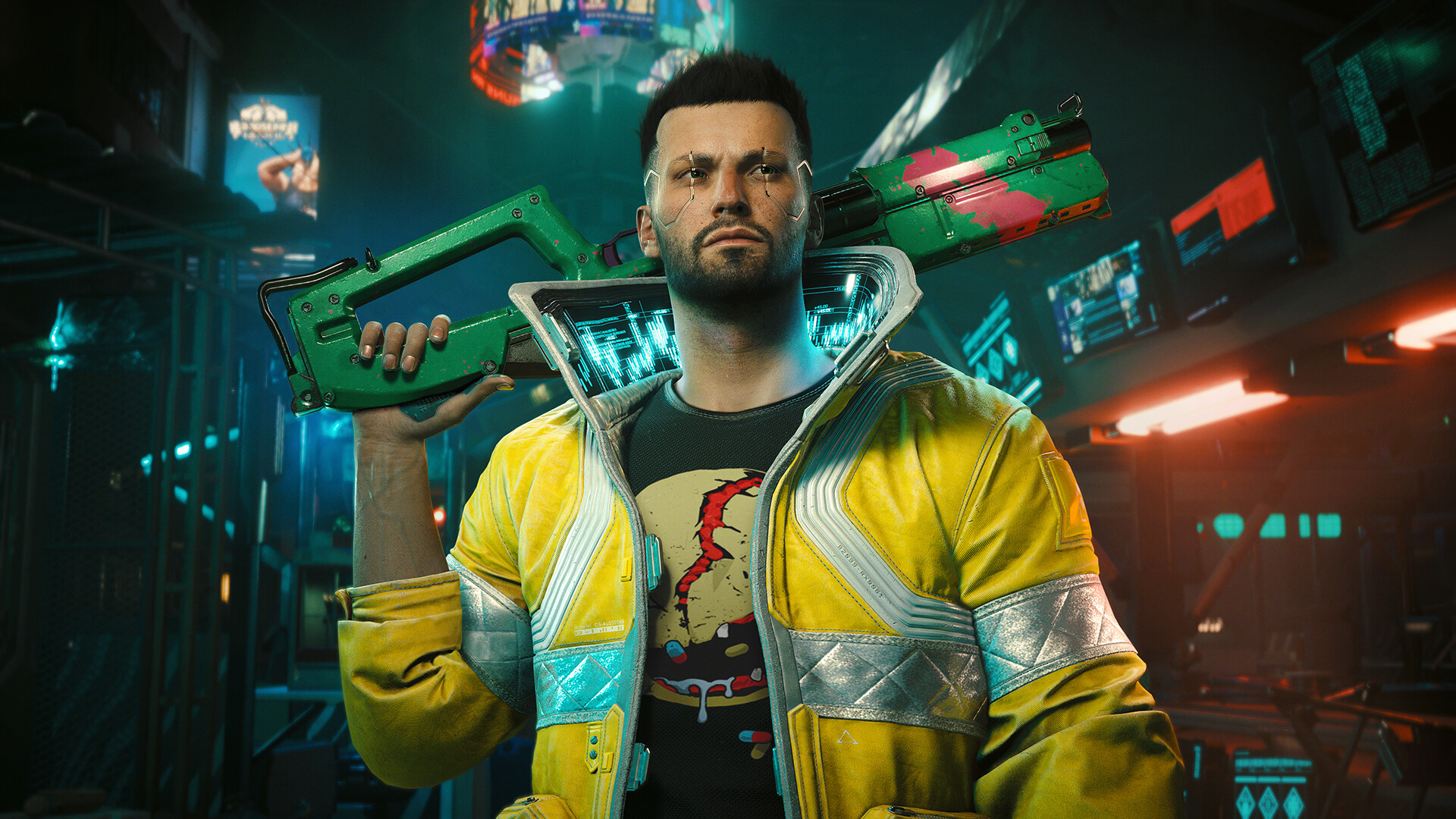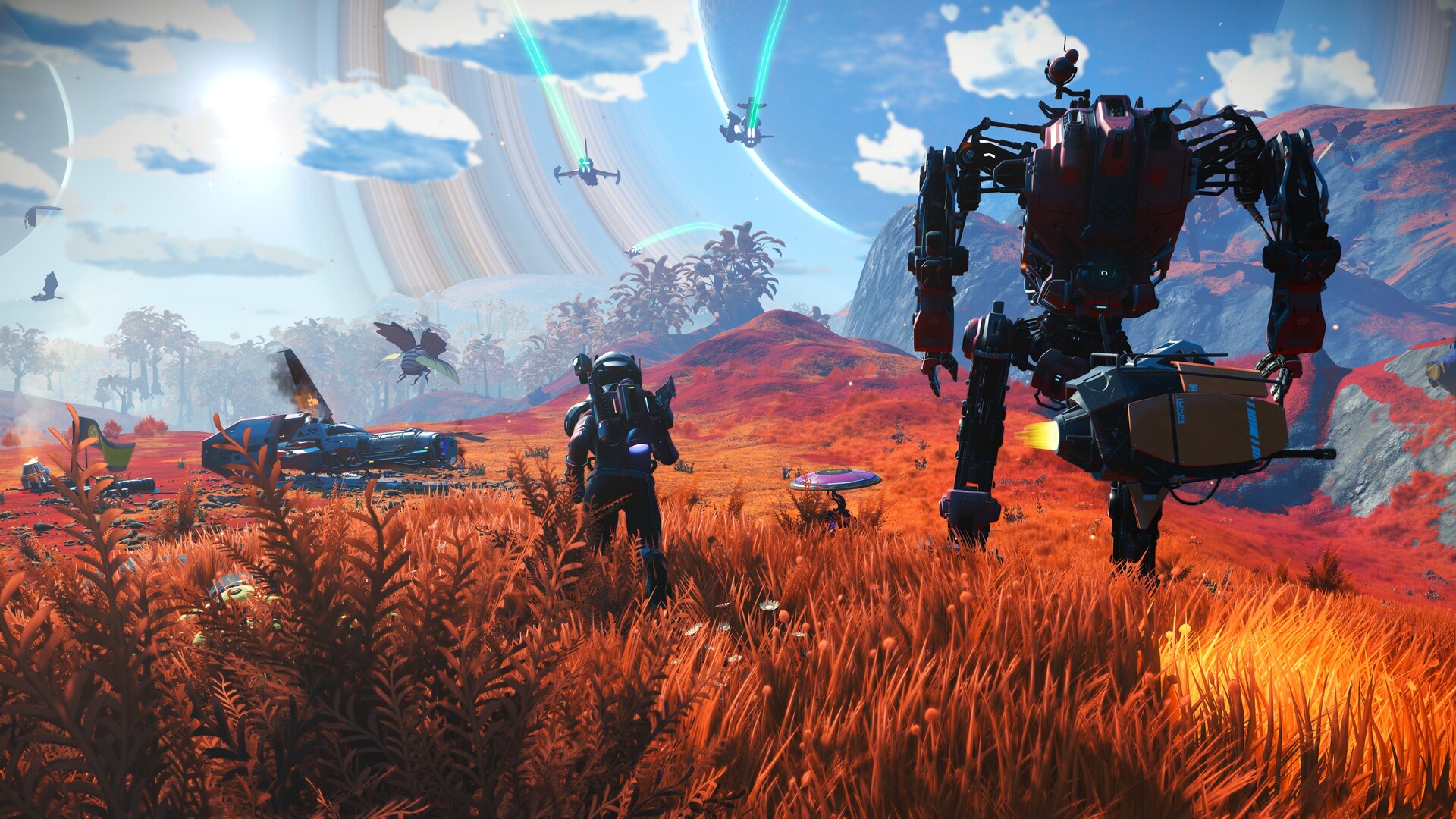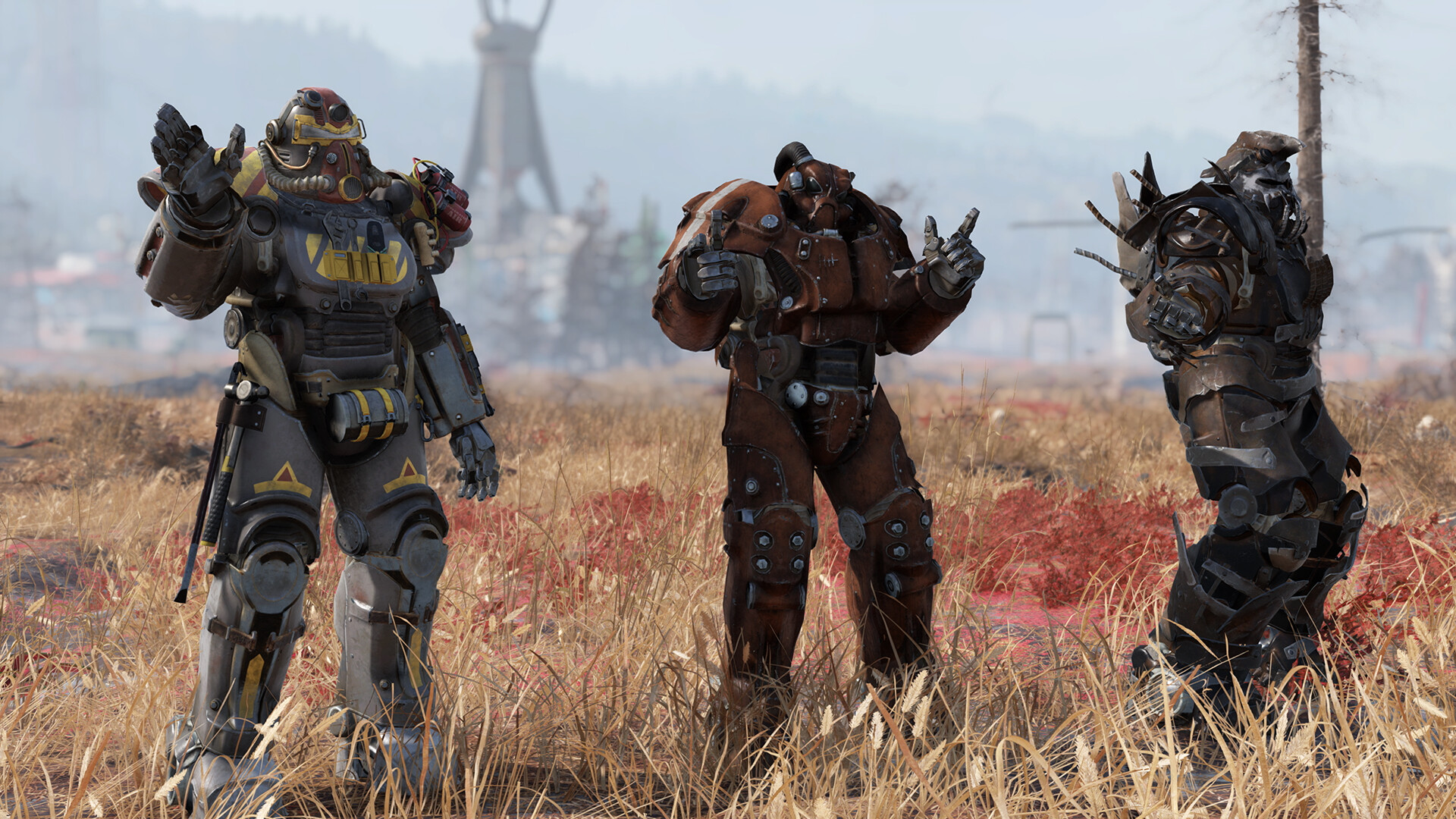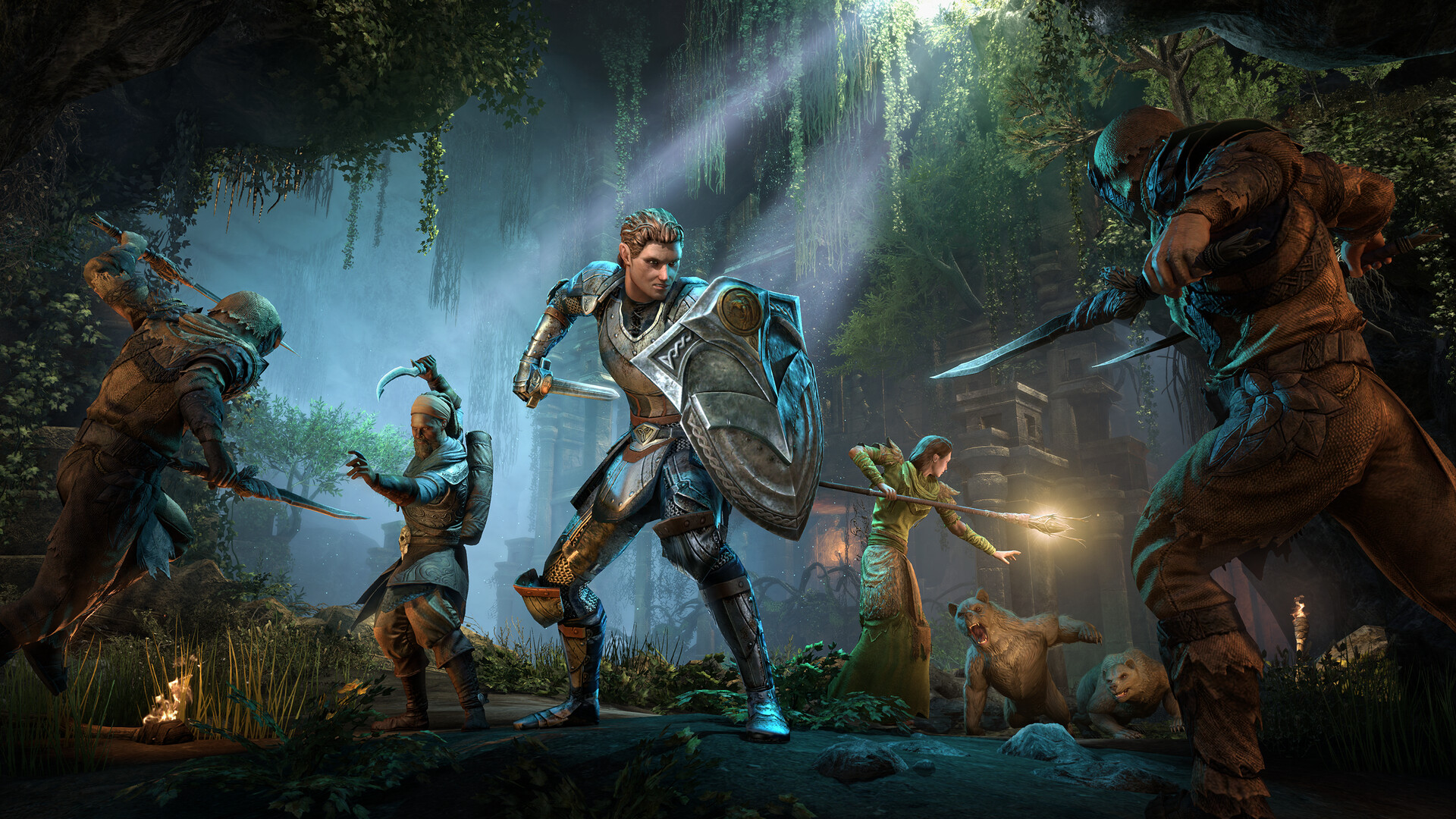Few industries are more familiar with the concept of the highly anticipated release that disappoints after release than the gaming industry. However, what makes for a particularly interesting story is a game not only surviving a disastrous launch, but managing to turn it all around, and making a successful recovery, winning back the trust of its fans and the hearts of the players. With this in mind, let’s look at some games that managed to succeed against all odds.
- The gaming industry is notorious for disastrous launch titles.
- Games like Cyberpunk 2077, No Man’s Sky, etc. received heavy criticism after launch.
- However, the development team didn’t give up and fixed their mistakes, allowing the games to survive.
Cyberpunk 2077

When CD Projekt Red first showed off Cyberpunk 2077 in the summer of 2020, it gave the impression of presenting a potentially revolutionary open-world RPG in a dark and futuristic setting. By the time the game had been announced, it was approaching six years of development and many people had already preordered the game due to CD Projekt Red’s reputation for The Witcher 3. The problem? At launch in December 2020, Cyberpunk 2077 was unplayable on last-generation consoles like the PlayStation 4 and Xbox One due to the tech problems plaguing the game.
As a result, players like myself experienced crashes, game-breaking bugs, and subpar performance, and the backlash and disappointment were, for the developers, unfathomable. CD Projekt Red quickly issued a series of apologies and began to immediately work on fixing the game through patches and updates, and they defended their situation by being transparent about the issues, and by being committed to fixing them. In 2021, Cyberpunk 2077 was starting to shape up, with numerous bugs fixed and allowing the core narrative of the game to shine through.
More updates just kept coming, and over time, players saw Cyberpunk 2077 for what it was meant to be—and not what it was at launch. More than anything, CD Projekt Red should be commended for not quietly moving on from the game after the mixed reviews. Improving the game’s bug-ridden state and making it playable on most platforms seems to be part of an effort to gain back the trust of their fan base.
No Man’s Sky

Few video games have undergone as profound of a turnaround as No Man’s Sky from developer Hello Games. The game launched in 2016 with grand ambitions of a vast, procedurally generated universe in which players could explore, trade, and fight their way across an almost infinite number of planets. However, many players found themselves disappointed when the game was released after many expected features were simply not included.
There was a swift, negative reaction from the gaming community, many of whom accused the game of false advertising while losing the trust of the community. Instead of abandoning the game, Hello Games developers decided to implement a well-rounded post-launch support strategy, and since the initial release, the game has seen a few major post-launch updates, such as the “Foundation Update”, “Pathfinder Update” and “Next,” each update having added significant enhancements to the game by introducing new features, re-balancing existing gameplay mechanics, revamping and expanding multiplayer, and much more.
Each of these updates has addressed feedback that was raised in the months after release and has added further content, providing new life and interest within the game. By 2020, No Man’s Sky was considered a greatly improved experience and Hello Games even earned praise for the ongoing care and attention given to their game, and successfully winning back the trust of its community.
Fallout 76

Bethesda’s Fallout 76, released in 2018, sought to hybridize the beloved Fallout intellectual property and the communal elements of live gaming. The result was mixed. Technical and design issues, lack of content, and mixed user experiences left it struggling. Bethesda, in turn, struggled to keep players engaged and the game became a topic of warranted criticism around the world for the lack of an engaging narrative and meaningful player interaction.
In the months following release, multiple updates were released from the development team, one of which created new quests, new NPCs, and game modes, and even brought about a major turning point in the form of the “Wastelanders” update in 2020. This update brought back human NPCs to the game, dialogue trees, and a Fallout-style questline. This alongside further patches, which smoothed out the game and played with the balance of player mechanics, swelled interest back into Fallout 76.
Although there were mistakes, Bethesda worked hard to address player feedback and evolve what the game meant to those who played. It was this idea of a shared space with players that Bethesda had orchestrated that gave room for new player numbers and a brighter future for the game.
The Elder Scrolls Online

When The Elder Scrolls Online (ESO) first came out in 2014, it was met with skepticism from fans of the standalone Elder Scrolls titles. Everything from bugs and server issues to a perceived lack of connection to the traditional gameplay loop that those fans loved about previous titles, ESO seemed to have it all. But ZeniMax Online Studios, the game’s developer, stayed dedicated to improving the game’s systems, content, and overall feel. Gradually though with critical updates and expansions, like “Tamriel Unlimited,” “One Tamriel,” and major narrative expansions like “Morrowind” and “Summerset”, ESO did win over some of those skeptics.
Not only did these additions fix a number of the issues, but they also introduced various quality-of-life improvements, vastly changed gameplay mechanics, and expanded the already incredibly dense world of Elder Scrolls lore. ESO establishes itself as a very nuanced MMO in that it is less alienating to play in a concentrated and structured way. It also notably has a deep story throughout that is continually updated and interacted with by the developers and fans alike.
Conclusion
Cyberpunk 2077, No Man’s Sky, Fallout 76, and The Elder Scrolls Online all have stories of endurance, turnaround, and success against adversity in common. It is all about how to turn the worst possible launch into making your game a positive example of post-launch support and community engagement. However, I would still appreciate it if they don’t release a game broken after release and take their time to deliver the product they promised.
Read More:
